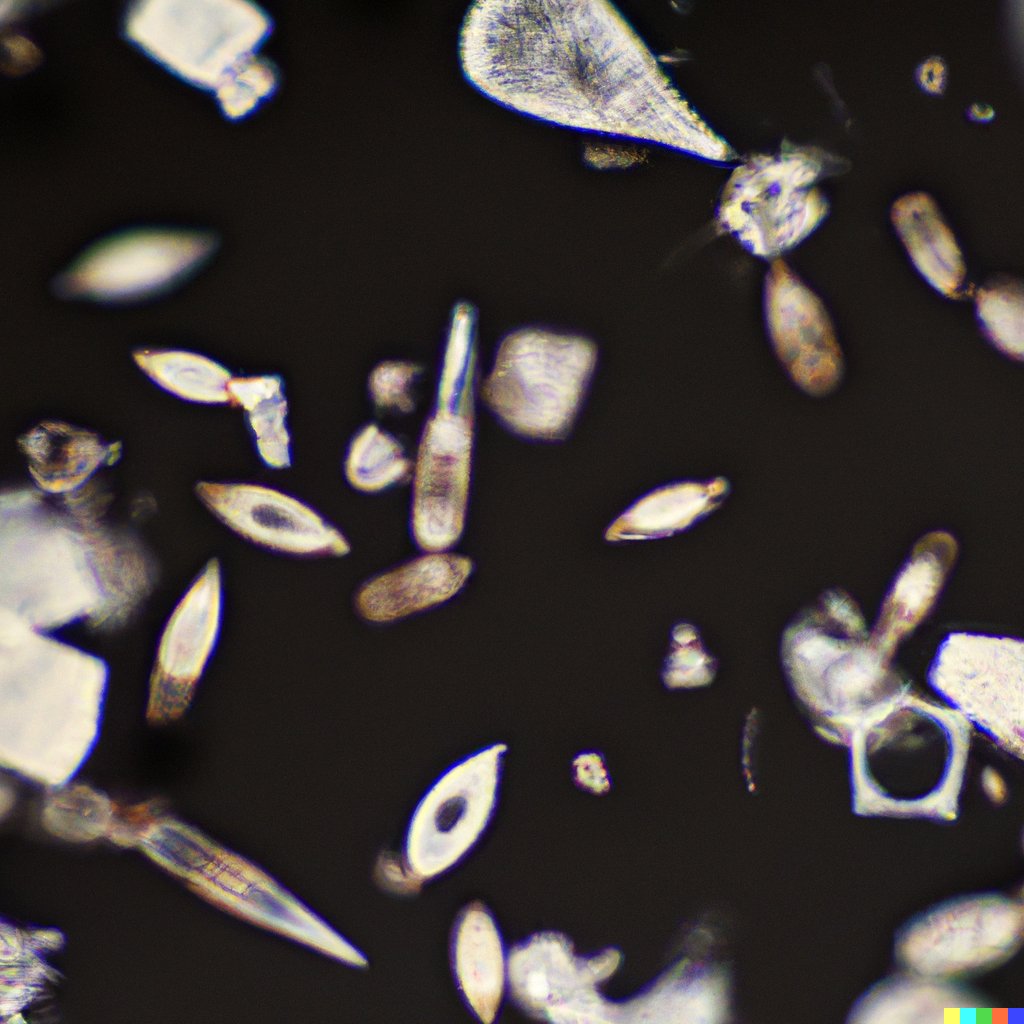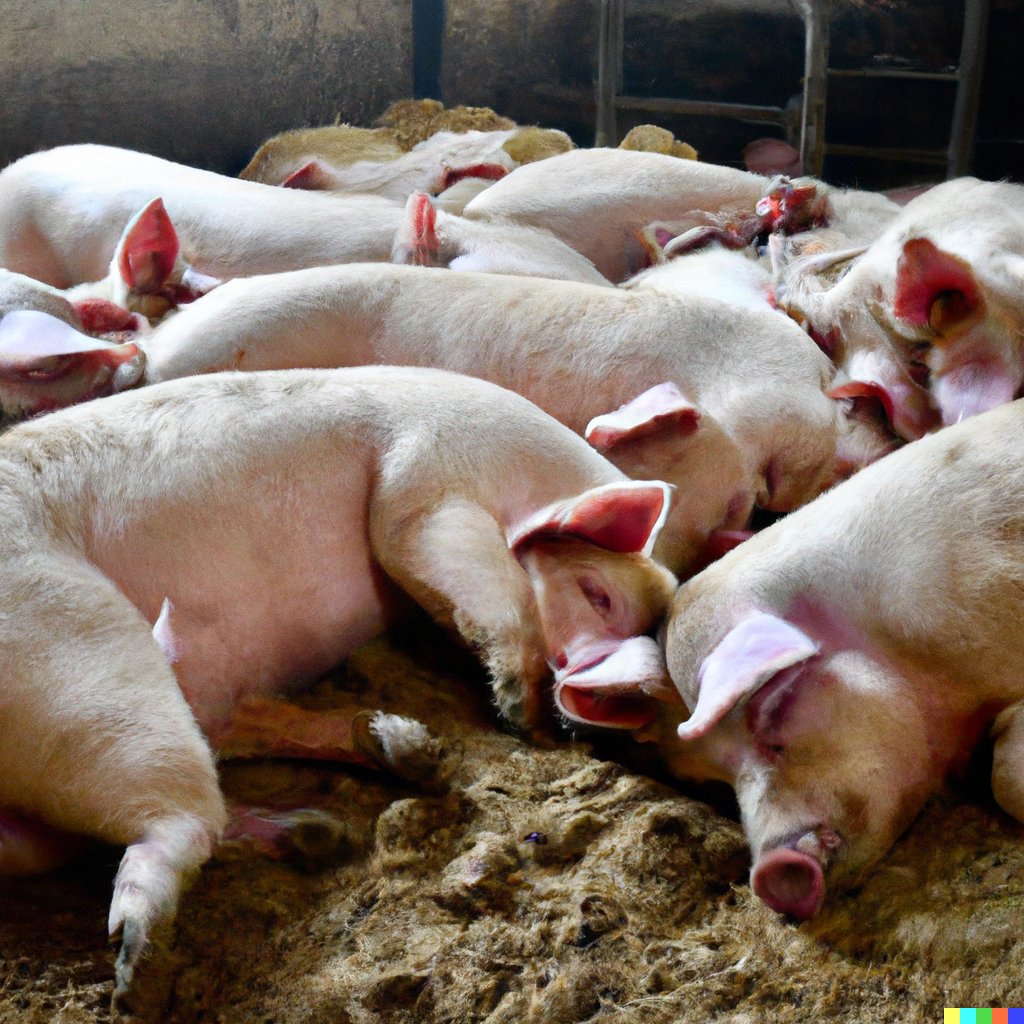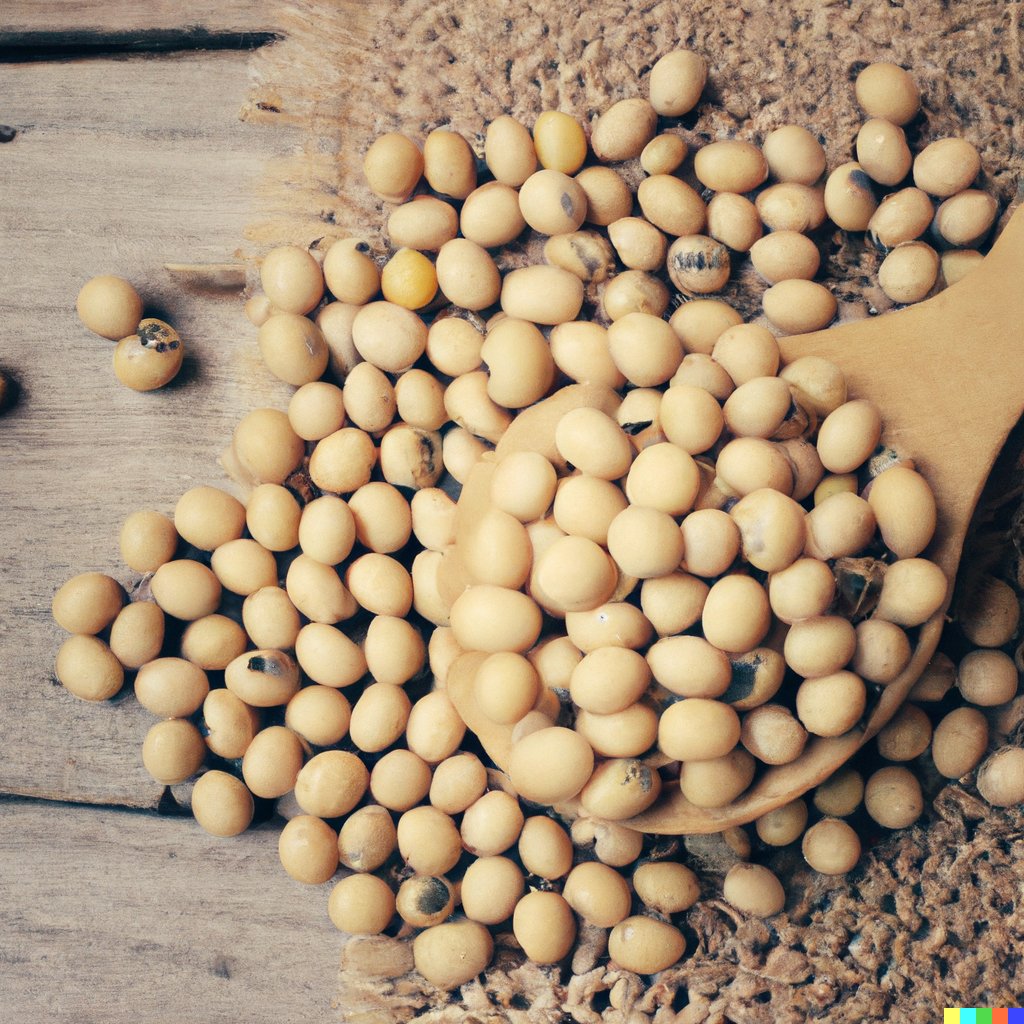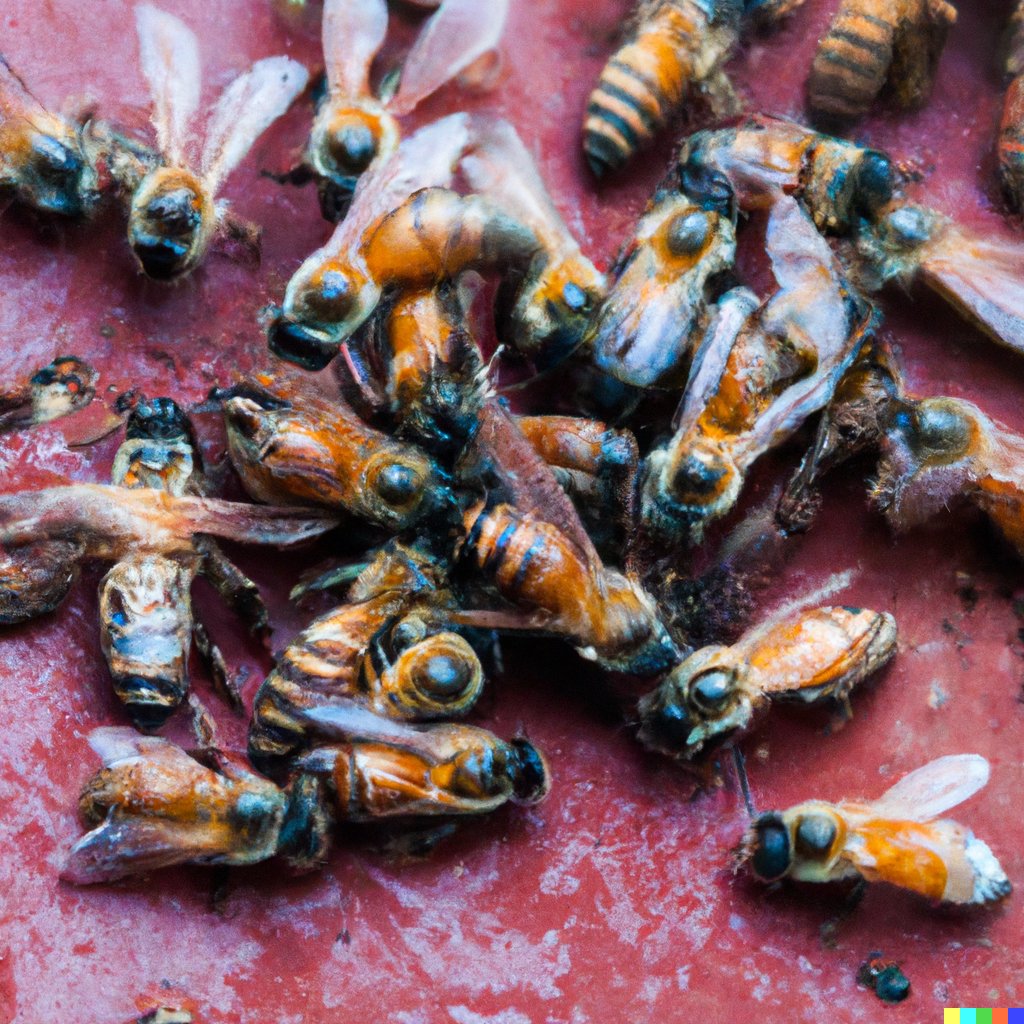
Did you know that the plastic waste we generate today can have a lasting impact on our environment and future generations? It's a concerning problem that affects us all. In this article, we will delve into the long-term effects of plastic and explore ways to address this issue. You don't want to miss out on this eye-opening read.
Persistence of Plastic in Ecosystems
Plastic - It Stands the Test of Time!
Microplastics - A Problem: We have taken the tranquil, paradise-like ocean and turned it into a shining, trash-ridden one.
Microplastic Contamination
Microplastics are found in the environment, and their contamination is a major issue. These particles, which measure less than 5 millimeters in size, can infiltrate into many ecosystems, such as aquatic habitats and soil. Due to their small size and persistence, microplastics can be ingested by organisms, potentially traveling up the food chain with detrimental effects on both wildlife and human health.
The impacts of microplastic contamination are broad. Studies demonstrate that these fragments can accumulate in sediments and soils, leading to land contamination. This could harm plant growth and soil fertility, ultimately affecting agricultural productivity.
Also, microplastics' ability to traverse through the food chain is a cause for concern. Smaller organisms consume microplastics, which then become prey for larger animals, possibly transferring these particles further up the food chain. This bioaccumulation of microplastics could lead to widespread ecological disruptions.
It's essential that we act at individual and societal levels to minimize plastic usage and ensure proper waste management. By promoting sustainable practices and raising awareness about the long-term effects of plastic pollution, we can protect our ecosystems from further harm and secure a healthier future.
Wildlife Harm from Plastic Waste
Plastic's Impact on Wildlife
Plastic pollution is a huge problem for wildlife. It can be deadly!
- Animals can become entangled in it.
- They may mistake it for food and get sick.
- It disrupts the balance of marine ecosystems.
- Large pieces can suffocate animals.
Research also shows that plastic waste can cause reproductive harm. Chemicals in plastics can affect breeding.
Pro Tip: Reduce single-use plastics and recycle to help wildlife!
Toxicity and Chemical Leaching: Plastic can leach chemicals years after disposal. It creates a dangerous mix that could make any mad scientist proud!
Toxicity and Chemical Leaching
The plastic invasion has caused serious health risks, with the addition of harmful additives and the release of toxic chemicals contaminating soil and water. These toxins act as endocrine disruptors, posing a major threat to human health.
In addition, they pollute land and water, ruining habitats and leaving marine life with no other housing options.
To combat this, it is wise to reduce plastic use and opt for safer alternatives like glass or metal containers to reduce exposure to these harmful toxins.
Destruction of Natural Habitats
Plastic's Long-Term Impact is Devastating!
Its effect on the planet is worrisome. From habitat degradation to coastal erosion, the consequences are alarming.
Plastic waste causes soil fertility decline and hinders the growth of essential plants. This leads to a loss of biodiversity, disrupting delicate food chains and ecological balance.
History Witnesses Plastic Pollution
Natural habitats that were once abundant have been degraded. Plastic debris accumulates in shorelines and mangroves, suffocating marine life and disturbing breeding grounds.
Coral reefs around the world are declining as a result of plastic pollution. This devastation has long-lasting effects. Climate change is like trying to hide a burning house with a cheap plastic tablecloth.
Plastic's Role in Climate Change
Plastic's Contribution to Climate Change
Plastic has a major part in greenhouse gas emissions, both during its production and when it is burned. Incorrectly disposing of plastic can lead to the release of dangerous gases, worsening the climate's condition.
Furthermore, plastic in the oceans disrupts the natural carbon cycle, which could have an effect on global warming. Consequently, it is crucial to understand and limit plastic's role in climate change to ensure a sustainable future.
Pro Tip: Recycling and using eco-friendly alternatives instead of plastic can reduce plastic's negative environmental effects and help battle climate change.
Human Health Concerns
Microplastic ingestion can have serious health implications. Food and water contamination by plastics is a real concern. Inhalation of plastic particles can risk respiratory and other health issues.
It's important to look at the long-term effects of plastic on human health. Studies show that microplastics ingested may cause various health disorders. People unknowingly consume significant amounts of microplastics daily, which could have negative impacts over time.
Airborne plastic particles can be found in various environments. Inhaling these particles affects the respiratory system and can be absorbed into the bloodstream, causing possible long-term health issues.
When talking about human health concerns with plastic, risk assessment is key. We need robust methodologies to assess risks from different types and concentrations of microplastics. This requires an understanding of exposure pathways, toxicity profiles, and potential interactions between microplastics and other pollutants.
To illustrate the impact plastic can have on human health, consider this true story: A study found alarming levels of microplastics in lung tissue samples from individuals with respiratory conditions. It's possible that prolonged exposure to airborne plastic particles exacerbated their illnesses. This shows the urgency of addressing these health concerns and raising awareness about the long-term effects of plastic pollution.
Economic Burdens of Plastic Pollution
Plastic pollution has significant financial implications. Cleaning up and managing the environmental damage from plastic waste, plus healthcare expenses, create an immense economic burden. Here are the costs broken down:
|
Costs |
Amount |
|
Cleanup Costs |
$XX billion |
|
Environmental Damage Expense |
$XX billion |
|
Healthcare Costs |
$XX billion |
|
Economic Impact |
$XX billion |
|
Waste Management Spending |
$XX billion |
Anything you give will help with trash removal efforts! Plastic is transforming beautiful landscapes into scenes from a horror movie, one grocery bag at a time.
Loss of Scenic and Aesthetic Value
The Diminishment of Natural Splendor
Plastic pollution harms the appearance of landscapes and recreational areas. It ruins tourism and urban environments. It degrades natural beauty and leads to an increase in urban blight.
Moreover, the presence of plastic litter decreases the appeal of tourist destinations. It disrupts the harmony of these areas. It also threatens wildlife and ecosystems.
Efforts are important to reduce landscape pollution caused by plastic. Waste management systems, responsible consumption, and raising awareness of the environmental impact of plastic can help restore scenic beauty and curb plastic pollution.
In Saint James Bay, a coastal town famous for beaches and waters, locals saw how plastic waste on the shoreline caused tourists to stay away. This had a big economic impact on local businesses that relied on tourism revenue. The sight of trash also showed the community's lack of commitment to sustainability. Residents took action with beach clean-ups, recycling programs, and creating an environmentally responsible culture in the town. Despite the difficulties of plastic pollution, Saint James Bay is an example of how communities can work together to fight landscape damage due to plastic waste.
Challenges in Plastic Waste Management
Concerns about plastic waste are growing. Solutions like recycling complexities, disposal, sustainable alternatives, and waste reduction strategies are essential for managing it.
It's also important to think about the economic impact of plastic waste management. Taking proactive steps now can help create a more sustainable future.
One way to encourage responsible use and effective waste management is to participate in community awareness programs.
Plastic has a decomposition timeline that will outlast us all - like waiting for a deadline extension that never arrives!
Decomposition Timeline: What is the timeline for plastic decomposition in the environment?
The decomposition timeline for plastic in the environment is the length of time it takes for plastics to break down naturally. This varies based on the type of plastic, environmental conditions and if exposed to sunlight and microorganisms.
To show this, a table is presented:
|
Type of Plastic |
Decomposition Time |
|
PET |
400 years |
|
HDPE |
100-1000 years |
|
PVC |
Indefinite |
|
PP |
20-30 years |
|
PS |
Hundreds of years |
|
LDPE |
Not biodegradable |
Note that plastic degradation doesn't mean total disappearance. Over time, plastics break apart into small pieces called microplastics, which can remain in the environment indefinitely.
We must also consider how microplastics affect aquatic and terrestrial ecosystems. Plastic waste can entangle animals and be mistaken for food, leading to ingestion and internal injuries. Plastics also leach toxic chemicals that can harm wildlife and human health.
Plus, plastic pollution destroys habitats, like rivers, oceans, forests and urban areas. It disrupts ecosystems, changes biodiversity and ruins the aesthetic value of these places.
Understanding the effects of plastic pollution is crucial for creating waste management solutions. Recycling, changing to biodegradable alternatives and lessening single-use plastics are all important in reducing the ecological and economic impacts of plastic pollution.
Let's take action now! Together, we can prevent further damage to our planet and protect ecosystems for future generations.
What are the long-term effects of plastic on the environment?
Plastic pollution has a significant impact on the environment. It can take hundreds of years for plastic to decompose, releasing harmful chemicals and microplastics into the soil, air, and water. This can harm wildlife, marine ecosystems, and even human health.
How does plastic affect marine life?
The long-term effects of plastic on marine life are devastating. Countless marine animals, such as sea turtles, whales, and dolphins, mistake plastic for food and can choke on it or suffer from internal injuries. Plastic also entangles and suffocates marine animals, disrupting their natural behavior and causing death.
Can plastic harm human health?
Yes, plastic can have long-term negative effects on human health. Toxic chemicals from plastic can leach into food and water, potentially causing hormonal disruptions, neurological damage, and even cancer. In addition, microplastics, which are tiny plastic particles, have been found in human bodies and can cause a range of health issues.
How does plastic affect the economy?
The long-term economic impact of plastic pollution is significant. It can lead to loss of tourism revenue, damage to fishing and aquaculture industries, and increased healthcare costs due to plastic-related health issues. Additionally, the cost of cleaning up plastic pollution is a burden on governments and taxpayers.
What can individuals do to reduce the long-term effects of plastic?
Individuals can make a significant impact by reducing their plastic consumption, properly disposing of plastic waste, and supporting businesses that use sustainable packaging. It is also important to educate others about the issue and advocate for policies that reduce plastic pollution.
How can businesses and governments address the issue of plastic pollution?
Businesses and governments play a crucial role in reducing the long-term effects of plastic. They can implement sustainable practices, such as using biodegradable or recyclable materials, promoting recycling and waste reduction programs, and enforcing regulations on plastic production and disposal. Collaboration and innovation are key to finding effective solutions to this global issue.
Conclusion:
Plastic pollution presents a significant and enduring challenge, affecting ecosystems, wildlife, human health, and economies worldwide. The long-term effects of plastic, from its persistence in the environment to the widespread contamination by microplastics and associated health risks, underscore the urgent need for effective and sustainable waste management solutions. Innovative recycling technologies, policy interventions, and increased public awareness and action are critical to mitigating the impacts of plastic pollution and protecting the planet for future generations.

















